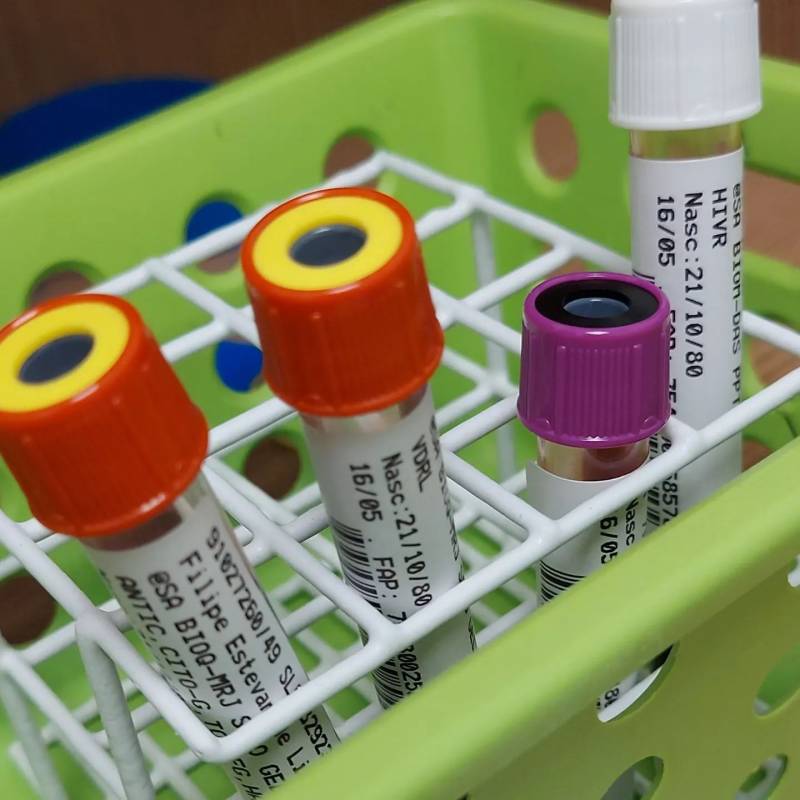More than 18 million people are on life-long HIV treatment worldwide, but an almost equal number do not have access to treatment yet according to the WHO. Many are held back by the fear of stigma. Kenya is trialling injected drugs, which only need to be given once every two months.
One and a half million people in Kenya are HIV positive and one million of them are estimated to be receiving antiretroviral medicines according to the Kenyan Health Ministry.
But the stigma of having the disease means many are embarrassed about taking the drugs, even where treatment is available.
Benta Angola, an HIV positive mother of 6 is hopeful about the possibility of switching to injectables ART (antiretroviral therapy): "Now that I won't be having the drugs in my bag anymore, no one will realize I am positive and this will also make people who are sick and hiding themselves to come out and go take the drugs because they are afraid to go for drugs because of rejection and discrimination or even stigma..."
At the Nairobi Kenyatta National Hospital, pediatric infectious disease specialist Wangui Kamau knows the inconsistent use of the drugs means they're less effective. She is keen on the prospect of less frequent and more discreet treatment.
"We actually have adolescents who stopped taking ART when they are in boarding school so for these adolescents who are in boarding schools, or even young people who are on the campus it will be very easy to have medication on a monthly basis and just have the injection and nobody would know that they are even living with the virus."
A trial of 160 patients is underway in Kenya. The first one has injected with the drugs rilpivirine and cabotegravir back in March. If generalized the treatment could help avoid antiretroviral therapy pill shortages.
"We have had incidents where we have had drug shortages in the ART, Wangui Kamau explains, because of some donor issues or some issues with the government and clearing the medication so if we had injectable ART we would probably have better follow up of our patients, better care provided to the patient because at the end of the day what the donor is interested in is to make sure that you are spending the money wisely and you are taking care of the patients well."
The antiretrovirals are already approved in the UK and in the US but African specialists believe it is important to assess the performance of the injectables in Africa. The patients in all the trials will be monitored for two years.
The exercise is still in the experimental stage. Once it is completed, it will advance to deciding which patients are to be on injectable AntiRetroVirals.According to the Kenyan Health Ministry, 82,000 children in the country are HIV positive, and 870,000 are female and aged fourteen and above.
Like Kenya, Uganda, and South Africa are also trialing the injectables.




